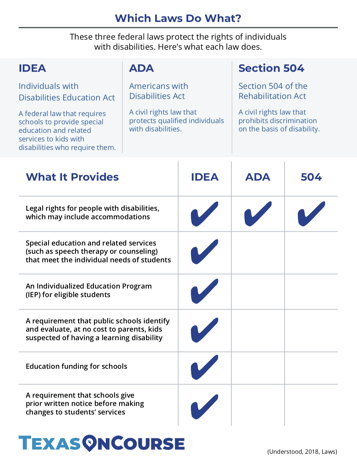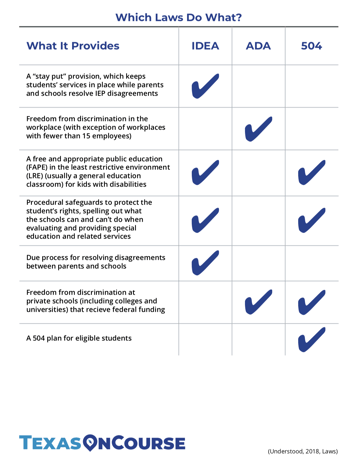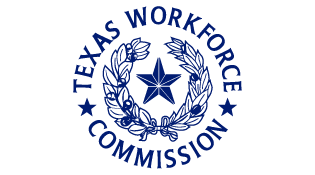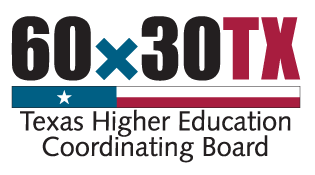In this webinar, we highlight information and resources for supporting students from special populations. These include highly mobile students – those from military-connected families or whose parents or guardians are migrant workers – and students with disabilities.
You can find lots more support for advising these students in the Texas OnCourse Academy. Be sure to check out our modules on Transition Advising and Advising Highly Mobile Students.
Webinar Highlights
No time to watch? Below, we summarize key information and include links to resources from the webinar.
Transitioning Students with Exceptional Needs
The Military Child Education Coalition (MCEC) has many digital resources for the team of professionals that help students with special needs transition from one place to another. These resources are available in multiple formats and are relevant for students, families, and education professionals in many different formats.
Military One Source is one such resource. Available through the US Department of Defense, Military One Source offers the Exceptional Family Member Program, which includes:
- Information/referral for services
- Education and training
- Referrals
- Information on local schools and early intervention services (EIS)
- Warm handoffs
- Nonclinical case management
Other Transition Tips for Highly Mobile Students
MCEC also provides some great tips on preparing for a student’s transition. For example, they suggest creating a binder that keeps all documents related to a student’s Individualized Education Plan (IEP). It’s also crucial to keep track of all evaluations, grades, and attendance to communicate in advance with the new school. During the webinar, MCEC highlighted these useful resources:
- MCEC webinars: www.MilitaryChild.org/webinars
- The Center for Parent Information and Resources
- A newsletter for military families with special needs: The Exceptional Advocate
Stay Up to Date on Disability Laws
Under the Individuals with Disabilities Education Act (IDEA), a student with a disability is a student who has a physical or mental impairment, such as an impairment affecting the student's educational performance, that substantially limits one or more major life activities.
There are three federal laws that protect the rights of individuals with learning and attention issues and individuals with disabilities: the Individuals with Disabilities Education Act (IDEA), the Americans with Disabilities Act (ADA), and Section 504. Use the handout below, available in the Texas OnCourse Academy and on Pinterest, for an overview of these laws. And complete the Academy module on Transition Services for Students with Disabilities to stay up to date.
Case Study: Supporting Military Families in El Paso ISD
At Bowie High School in El Paso ISD, school staff have chosen to take a holistic approach to supporting their large population of military children within the district. Staff employ the following processes and resources to make families feel welcome and to ease the transition into the new school environment:
- Connect family with military liaison
- Use student groups for student support
- Student ambassadors
- Student council
- ROTC
All these groups work together to ensure that students have a positive experience when they arrive in El Paso ISD.
Be sure to check out additional information on advising special populations, including highly mobile and military-connected students.








